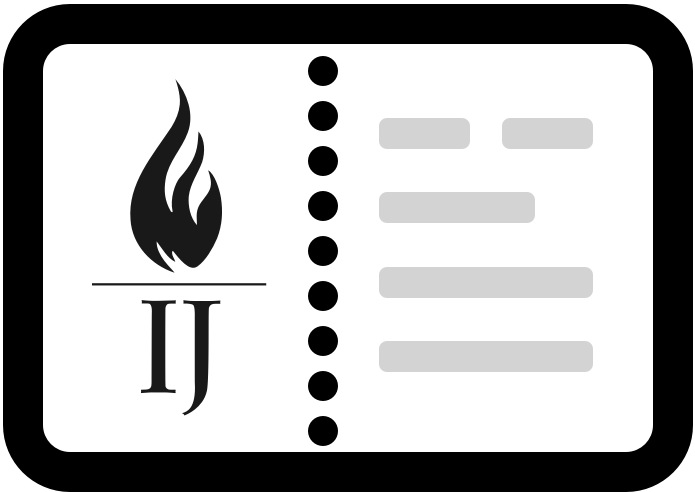Conclusion
The right to earn an honest living—the “free choice of [our] occupations,” as James Madison called it1—has always been a fundamental American right. But in recent decades, this right has become increasingly circumscribed by licensing barriers. The results are on full display in this report—occupational licenses that are often plainly unnecessary, unjustifiably burdensome or irrationally inconsistent. And as a growing body of research indicates, these regulatory hurdles impose severe costs, first on those who must clear them and then on the wider community in the form of higher prices, less consumer choice, fewer job opportunities, and reduced economic and geographic mobility.
But this problem is solvable. Policymakers, scholars and opinion leaders left, right and center are increasingly coming to understand the drawbacks of licensing and calling for reform. They can use this report not only to better understand the burdens of licensing but also to identify where reform is needed and the mechanisms by which it can be implemented. Just as the 20th century was the era of ever-expanding licensing, the 21st can be the era of transforming licenses into liberty.


